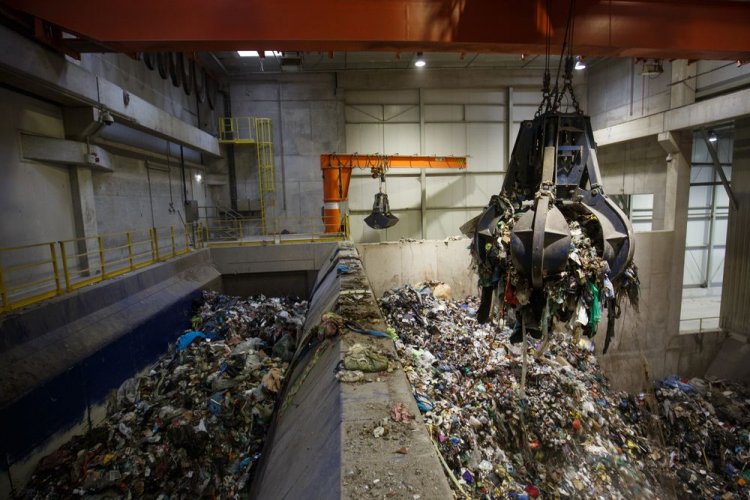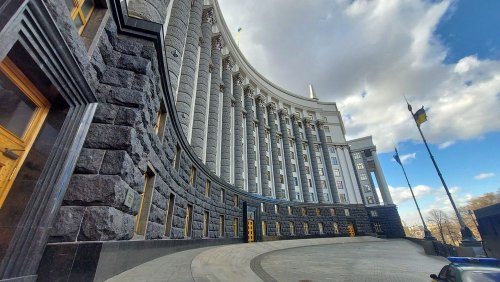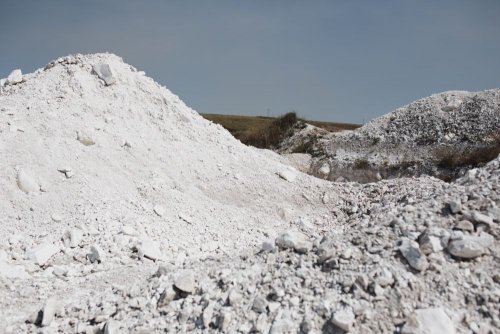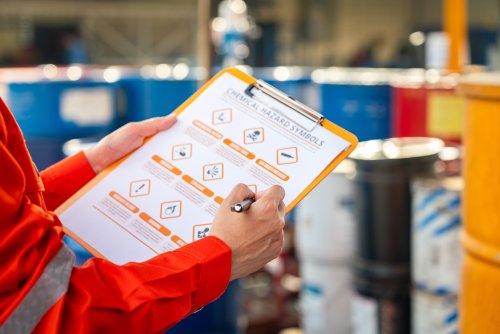Officials of the Ministry of Environmental Protection and Natural Resources of Ukraine are completely violating the main provisions of the Law of Ukraine “On Environmental Impact Assessment” when they force a new environmental impact assessment (EIA) for existing waste treatment facilities that already have licenses.
The Association of Environmental Professionals (PAEW) drew attention to this glaring problem.
Experts say that the Ministry of Ecology creates legal imbalance and uncertainty for companies operating in the field of waste management in Ukraine.
The essence of the problem
The Ministry requires companies to obtain new EIA conclusions for existing waste treatment facilities. This happens even in cases where companies have already submitted valid EIA conclusions to obtain a waste management license (which is mandatory), and the Ministry of Environment officials have accepted them.
That is, the same documents are interpreted differently when licensing and when obtaining a permit for waste treatment operations.
PAEW said that all 16 licensees currently listed in the Register of Waste Management Entities were denied permits when they tried to obtain them due to the lack of an environmental impact assessment.
“That is, the permit document – the environmental impact assessment conclusion – is assessed differently for the same business entity, the same type of business activity (waste management operations),” the experts stated.
What is the conflict?
Before granting a license for hazardous waste management to an enterprise, the Ministry of Ecology checks
- compliance of the material and technical base with the license conditions;
- availability of supporting documents (including technical passports, etc. with inventory numbers) that allow identification of the material and technical base.
Thus, by issuing a license, the Ministry confirms compliance with the established requirements, including the environmental impact assessment conclusion. At the same time, when a company tries to obtain a permit for waste treatment operations for the same type of business activity, officials decide that the existing permit is not in compliance.
"At the same time, the same officials completely violate the main provisions of the Law of Ukraine "On Environmental Impact Assessment", which concerns the planned activity and force business entities to obtain a permit for an existing facility, thereby eliminating any technical and territorial alternatives," the EBA experts say.
They also asked the officials two logical questions:
- Assuming that the licensees accept the requirements of the Ministry of Environment and receive a "new" EIA conclusion, what status will the existing license have?
- Isn't the "new" environmental impact assessment conclusion the basis for license renewal, re-examination of the material and technical base, etc.
What risks does the Ministry create?
1. Contradiction with the law
This requirement of the Ministry violates the provisions of the Law of Ukraine No. 2059-VIII “On Environmental Impact Assessment”. It stipulates that an EIA should be carried out before the start of a planned activity, and not for already operating facilities.
2. Complete uncertainty
The current practice creates legal uncertainty regarding the validity of already issued licenses. Potentially, companies risk losing their licenses or facing fines, despite the fact that they have acted in accordance with the law.
3. Slowing down the development of the industry
At a time when Ukraine is striving to develop civilized waste management and attract investment, such regulatory barriers scare away potential investors and slow down the development of an industry that is critical to the country's environment.
4. Additional burden for business
The need to obtain new EIAs for existing facilities that have already received licenses creates a huge bureaucratic, time, and financial burden for businesses. It forces companies to spend significant resources on repeated procedures that essentially duplicate the work and inspections already done.
It is also an additional amount of work for the Ministry itself, whose head often complains about the heavy workload of its employees.
The Association of Environmental Professionals PAEW appealed to the State Regulatory Service of Ukraine to initiate an inspection of the Ministry of Ecology in terms of exercising the authority to issue, refuse to issue, and revoke permits for waste treatment operations and to take appropriate response measures, as well as to the Minister of Environmental Protection and Natural Resources Svitlana Hrynchuk with a request to respond to the situation immediately.
Earlier, EcoPolitic wrote that a systemic crisis in waste management is brewing in Ukraine, as, according to expert Oleksandr Lymar, almost the entire household waste management sector in Ukraine violates the Law “On Waste Management”.





